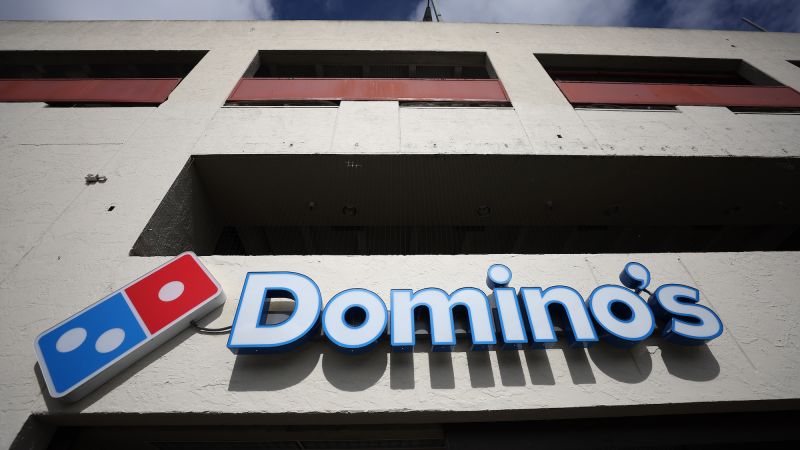Americans are finding themselves asked to tip on digital screens for a variety of purchases, leading to frustration with the new tipping culture. Domino’s, however, is taking a different approach by encouraging tipping even more. The pizza chain has launched a promotion that rewards customers with $3 off a future online delivery order for tipping $3 or more to a Domino’s delivery driver. This “You Tip, We Tip” deal is running through mid-September.
The promotional strategy serves multiple purposes for Domino’s. First, it is a way for the brand to engage with consumers and stand out in a noisy advertising landscape. The humorous commercial resonates with consumers experiencing pressure to tip in various situations. Second, the $3 promotion may help Domino’s boost sales as customers are looking for deals to save money after three years of rising prices due to the Covid-19 pandemic. Third, the advertisement is a labor recruitment strategy, aimed at attracting and retaining delivery drivers in a competitive market.
Some surveys suggest that Americans are tipping less while being asked to tip in more places, leading to tip fatigue. Domino’s delivery drivers rely on tips as a meaningful portion of their income, and the company’s business model is impacted by the tipping culture. While some see the campaign as a way for Domino’s to avoid paying a traditional wage and shift the burden to customers in the form of tips, others view it as a necessary strategy to attract and retain drivers and maintain earnings.
Domino’s, like many companies in the restaurant industry, pays its delivery drivers the subminimum wage for tipped workers in 43 states. This practice, advocated against by organizations like One Fair Wage, can lead to wage theft and other violations. Critics argue that Domino’s ad campaign is a way to encourage customers to tip more rather than paying their workers an actual minimum wage with tips on top. Despite these concerns, the Domino’s delivery driver expressed gratitude for the promotional campaign, fearing that wage increases could lead to reduced hours or earnings.
In conclusion, Domino’s innovative promotion aims to address the challenges of the new tipping culture, engage with consumers, boost sales, and attract and retain delivery drivers. While some view it as a way to avoid paying fair wages, others see it as a necessary strategy in a competitive market. The debate over tipping practices and fair wages continues, but for now, Domino’s “You Tip, We Tip” campaign offers customers a way to save money and rewards delivery drivers for their service.













